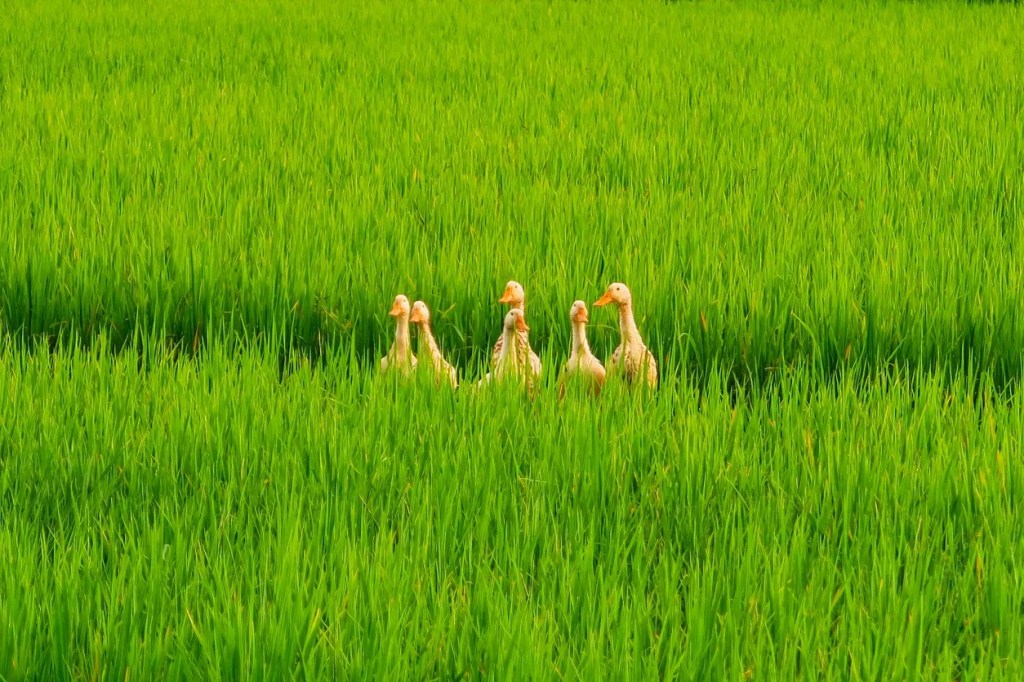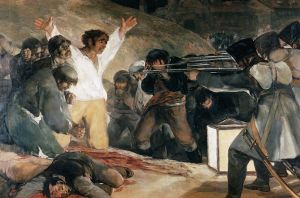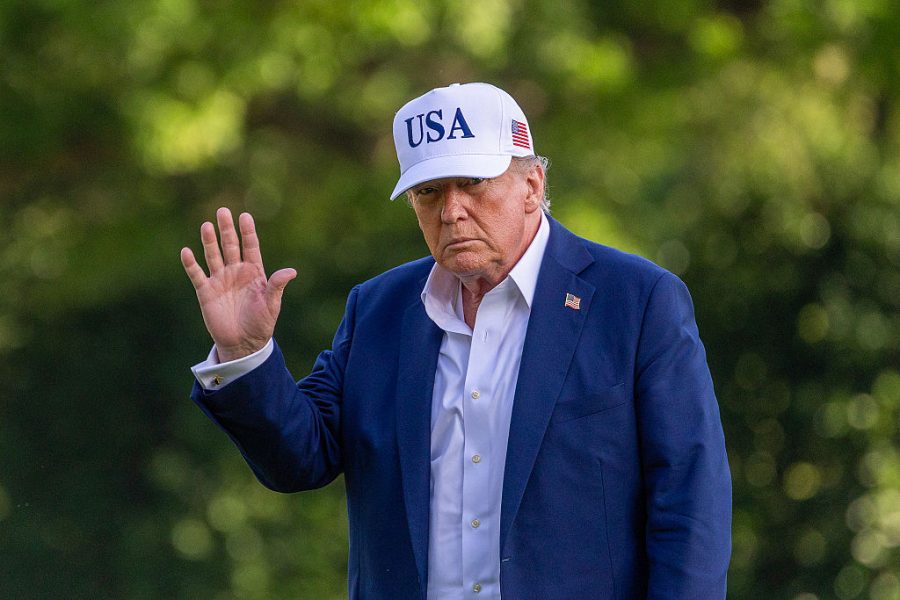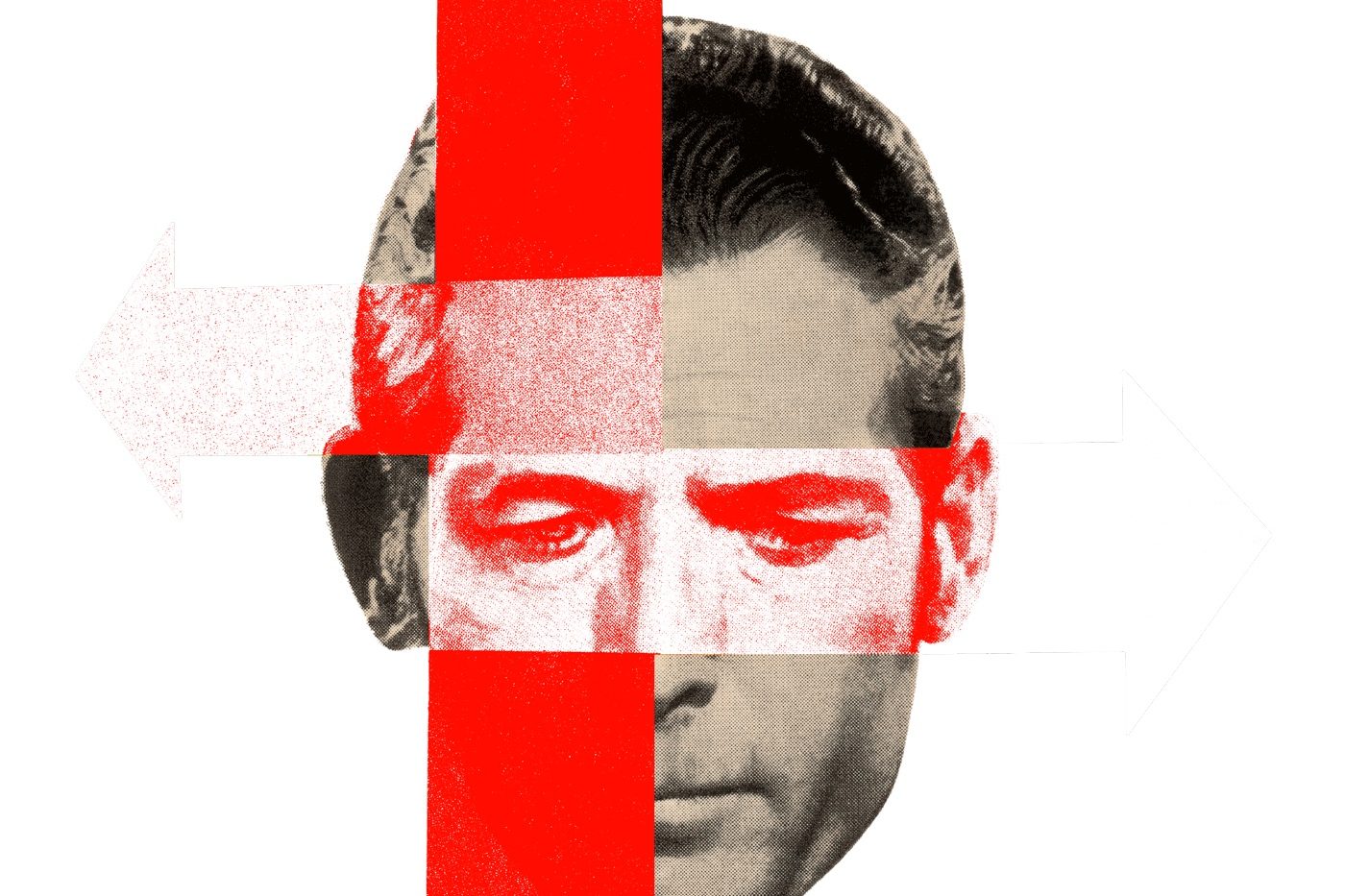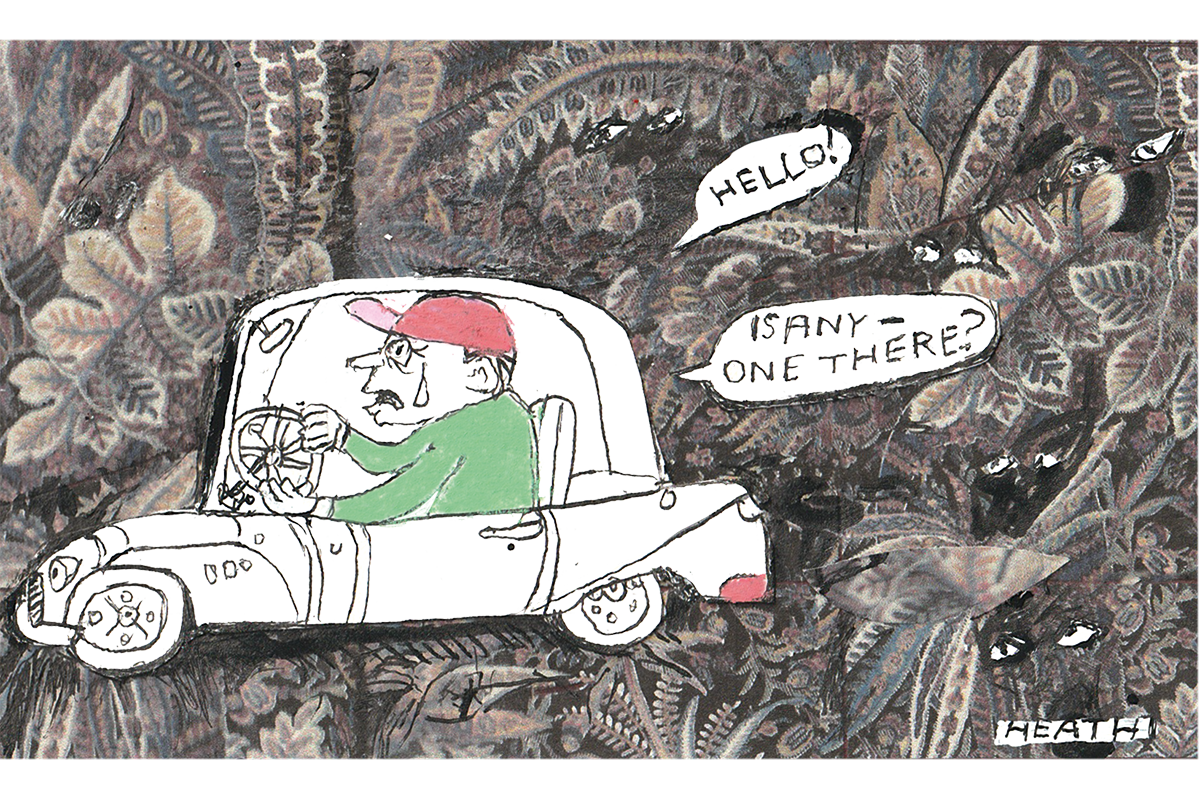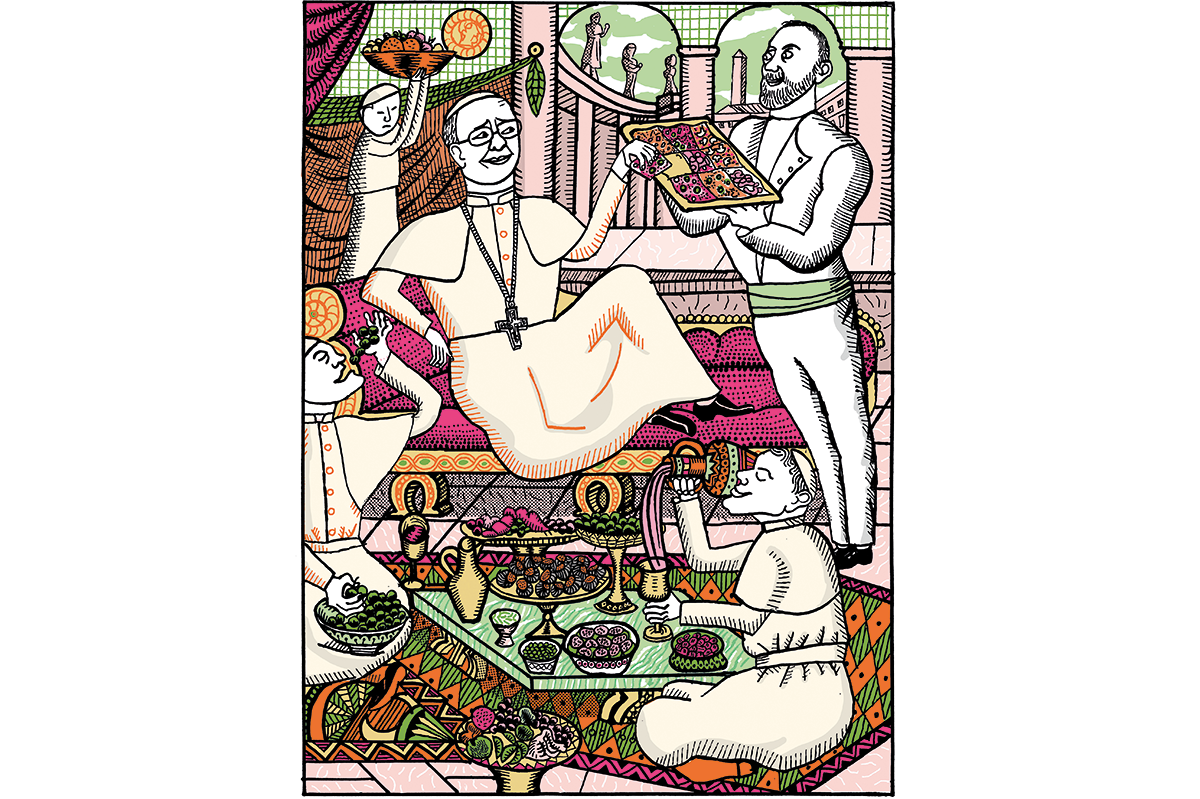I was writing a thriller in northeast Laos about fifteen years ago near a town called Phonsavan, researching a mysterious megalithic site known as the Plain of Jars. When my research was done, I realized I had to devise a route home to the quaint Laotian capital of Vientiane.
As I was driving one of only three rentable four-wheel-drives in the country, I decided to make the most of my mobility and take a more exciting route than the singular main road down the middle of the country (whereby I had arrived). I was particularly tantalized by a sentence in the Lonely Planet guide to Laos which claimed “there is theoretically an alternative route from Phonsavan back to Vientiane, which is said to be very beautiful, but we haven’t tried it.”
I kept thinking: is the baby dying? Is this too late? Every mile I drank another neck full of whisky
This was enough to rouse my spirit of adventure. Immediately I set off in my four-by-four pick-up, arrowing south out of town, passing lovely Hmong girls in their lovely pink frocks throwing tennis balls at young men in crash helmets (an annual New Year ritual in which the local tribe, the Hmong, marry off their young people). All was sunny and happy — until I realized the road I was driving was not going to last forever. Indeed, it became clear that in a few miles, there would be barely any road at all.
The lack of asphalt wasn’t the only hint that I was entering terra incognita. Judging by the astonished stares of the locals as I passed their hamlets, I might have been the first round-eyed westerner to ever come this way. Or maybe just the most stupid? I comforted myself by remembering that I was in a four-wheel drive. Even if the road ran out, I could go off-road.
As dusk crept over the canopy, the tarmac finally gave up. For a moment I wondered about turning back but, as I’ve always hated going over old ground, I decided to press on. Not least because my map was telling me that a few miles ahead there was a little town deep in this muddy rainforest where I might find a tiny guest house. An hour later, as darkness truly descended on the thickening jungle, I saw that the “town” was actually a bunch of shacks with a tethered goat.
By now the mud was knee-deep. I was driving through dense, cold jungle, wheels spinning in the slough. Belatedly, the fear kicked in. Why had I done such a stupid thing? Taken such a lunatic route?
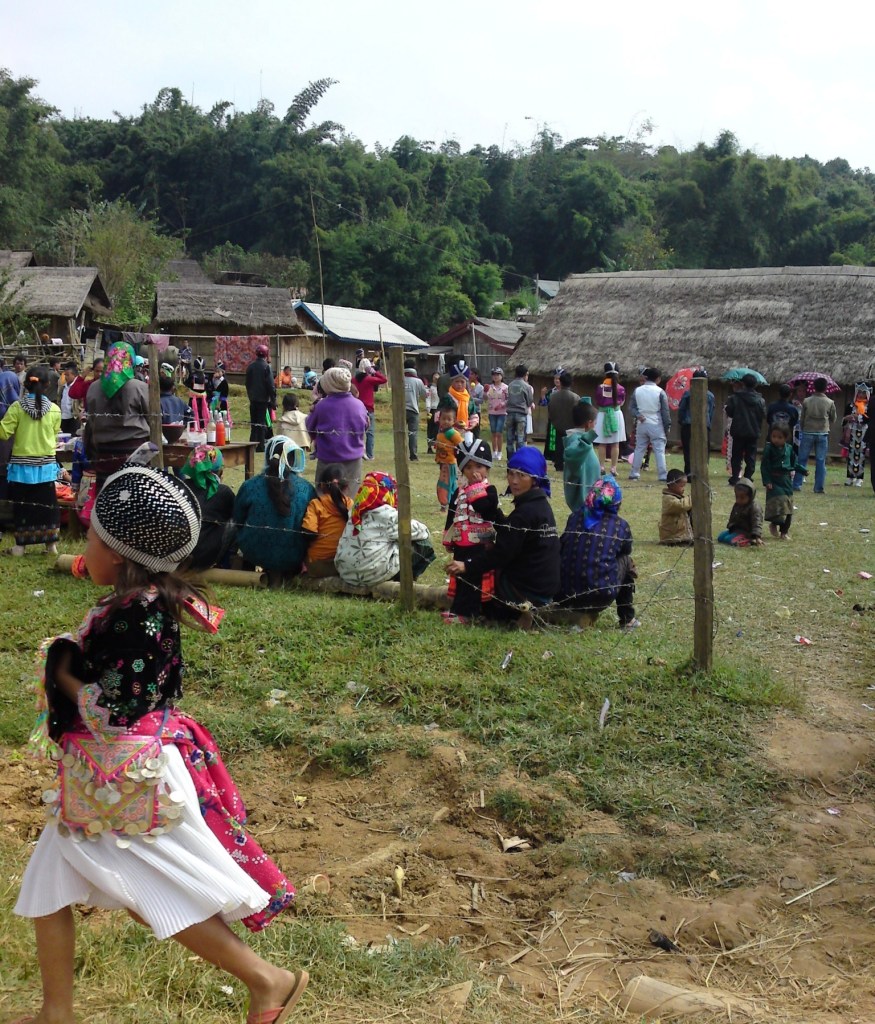
Fortunately, I had a bottle of whisky to hand. So I started drinking, as I churned my way onwards. This gave me courage — which I definitely needed. Because the jungle “lane” was, with every moment, becoming more of a chilly swamp. And the rising moon was staring down at me, through the palm trees, in open-mouthed astonishment.
Just as I was beginning to wonder if I would ever get out of this self-inflicted mess, I heard cries and they sounded like cries for help.
The shouting was coming from an entire Hmong family: they were climbing out of a VW Combi. They spoke no English and, of course, I had no Lao (or Hmong) but they made it plain in the International Language of Total Panic that they had a deeply sick baby on their hands, a baby that needed a doctor immediately. And they also had no means of getting to any doctor: their vehicle was profoundly stuck in the jungle mud. Therefore, their only hope of saving the baby was… me, temporary owner of one of the very few four-wheel-drives in the country, a miraculous-for-them driver who just happened to be passing.
And so it began. To make our escape easier and the VW Combi lighter, most of the Hmong family climbed into my pick-up, as the Hmong patriarch, a young man called something like Hector, chained my pick-up to their VW. Then I revved my vehicle and we began, I hoped, the long haul to safety.
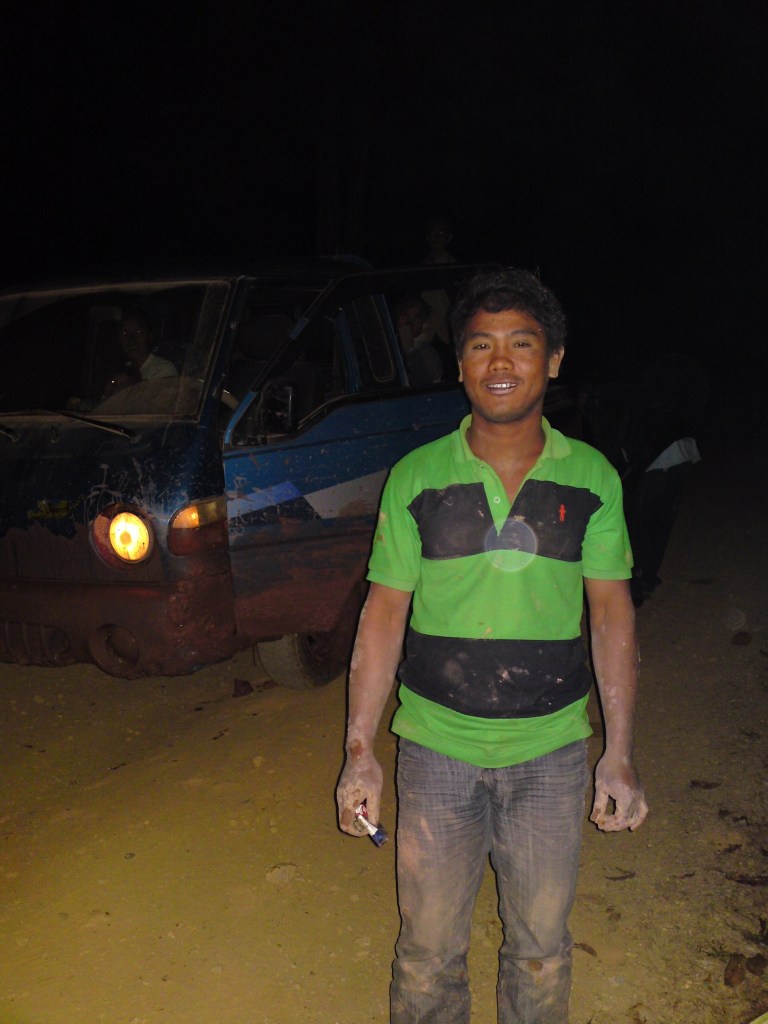
The evening stretched into night. Onwards we rocked, through the mud. My 4×4 kept screeching, yawing, sometimes toppling and often the chain snapped: even without its occupants the towed VW was surely too heavy. But every time this happened Hector nimbly leapt out and somehow fixed the chain.
I had no idea what he was doing, or how, but he seemed to do something important and then off we went again: pitching and rolling, knocking into trees, scaring off wildlife, splurging through evermore mud-holes, giving everyone bruises, making me drink even more whisky, as I battled with the steering wheel and the handbrake and the screaming links of the steel chain. And still, the sickly baby whimpered.
All the time I kept thinking: is the baby dying? Is this too late? Every mile I drank another neck full of whisky to purge this thought. Then I passed the bottle to Hector, who also wanted to calm his nerves.
And then — ah, then — the mud dried out and the trees thinned out. Abruptly, it was warmer, even sultry — we were off the jungly highlands. The land was flattening to a plain.
We’d made it. It was 5 a.m. in the middle of Laos but somehow we’d passed out of the jungle into a proper little town with shuttered shops and streetlights. The whoops of my passengers told me that this was the place, here there was a doctor for the baby. The women leapt out of my car and ran eagerly into the town with the poorly child and then there was only Hector left and he looked at me like I had saved his child’s life — who knows, maybe I had — but he apparently didn’t know how to say all of this in any shared language, so he just stood there and he said, in English, “I love you.” Perhaps it was the only English sentence he’d ever learned.
Getting back in my car, I drove on down a dusty road, feeling suddenly quite lonely and bereft, as dawn overtook the rainforest. Half an hour later I found a tiny hotel where the manager amiably cooked me up a pot noodle with a fried egg and then I went to a room and slept for twelve hours straight.
The next day, as I drove the proper sunlit road, back to Vientiane, with some vivid music blaring on the car stereo, I suddenly felt the most piercing, unusual and unexpected rush: of pure and absolute happiness.
This article was originally published on The Spectator’s UK website.



